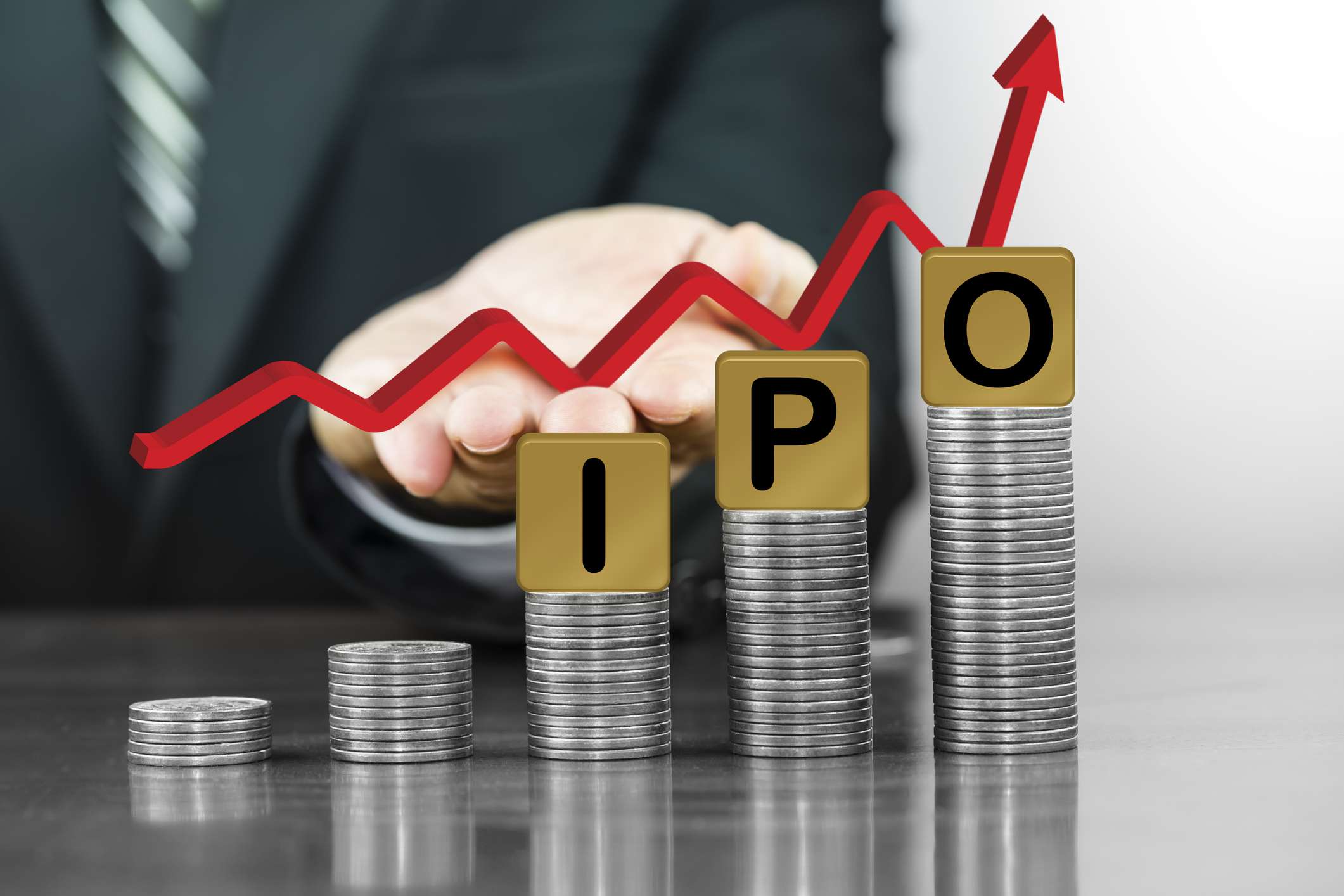Investing for the long term can be a smart way to build wealth and achieve financial goals. While it’s natural to be concerned about short-term market fluctuations, a long-term perspective can help you weather these ups and downs and potentially earn higher returns over time. If you’re considering long-term investing, here are a few tips from Jamie Ross, Portfolio Investor, to keep in mind:
- Have Clear & Well-Defined Financial Goals
Investing for the long term requires a well-defined plan and clear goals. The City of London Investment Trust suggests that by determining your financial objectives and creating a timeline, you can calculate how much you need to invest monthly to reach your goals and maximize your investment potential. This allows you to effectively manage your fund flows and allocate them to both short and long-term investments. To succeed in long-term investing, it is important to have a clear roadmap that guides your investment strategy and helps you stay on track to reach your financial objective.
- Begin as Early as Possible
One of the first things you will find when you learn to invest is that beginning to invest at an early age can be a significant advantage due to the power of compounding. By starting early, you can take advantage of time and maximize the potential returns on your investments. The longer your money is invested, the more opportunity it has to grow through compounding, potentially resulting in a larger corpus with smaller contributions over the long term. Don’t let the opportunity to leverage the power of time pass you by – start investing as soon as you can to potentially achieve greater returns on your investments.
- Invest in Equity Funds
Equity has consistently proven to be the most profitable asset class for long-term investing, with the potential to generate higher returns over a period of 5 years or more. While it may experience short-term volatility, a long-term perspective can help you weather any bumps in the road and potentially earn greater returns than fixed-income assets or even inflation. One way to maximize returns and minimize risk with equities over the long term is by investing in equity funds. These funds offer professional management, diversification, convenience, and low costs. Additionally, individuals with taxable income can consider investing in Equity Linked Saving Scheme (ELSS) funds, which can also provide tax savings.
- Consider the SIP Route
If you don’t have the knowledge, expertise, or time to manage your investments on your own, a systematic investment plan (SIP) may be a good option for you. With a SIP, you can make regular contributions to an equity fund, which can help you average your investments even during market corrections. This can provide you with the financial discipline needed to be a successful investor, and you don’t need a large amount of money to get started. In fact, investors with limited monthly surpluses can still benefit from investing early through mutual funds using a SIP. Additionally, during steep market corrections, like the one in March of this year, you may want to consider increasing your SIP contributions to cost average into your investment position and potentially lower your average purchase price. This can potentially lead to higher returns in a shorter period of time but also increases risks of owing creditors like this
- Have a Substantial Emergency Fund in Place
When you’re investing for the long term, it’s important to have an emergency fund that can help you weather any financial storms that may come your way. Aim to have enough money in your emergency fund to cover your expenses for at least six months. This should include all of your living expenses, such as rent or mortgage payments, utility bills, and any costs associated with caring for your children. It’s also a good idea to have international health insurance if you’re living overseas, as this can help you avoid high healthcare costs.
One of the biggest mistakes you can make when investing is not having an emergency fund in place. If you don’t have access to cash when you need it, you may be forced to sell your investments earlier than you planned. This can disrupt your investment progress and, if you have to sell during a market downturn, you may end up selling at a loss.

